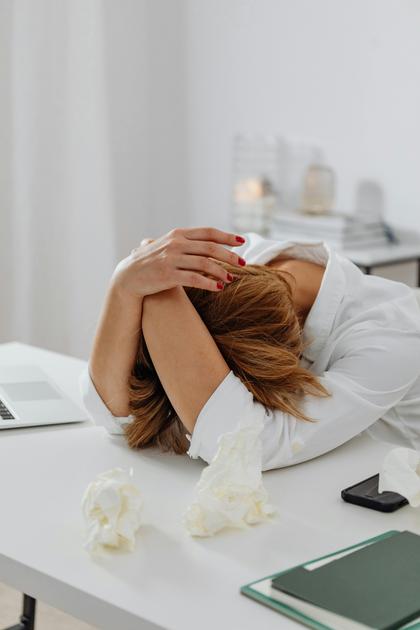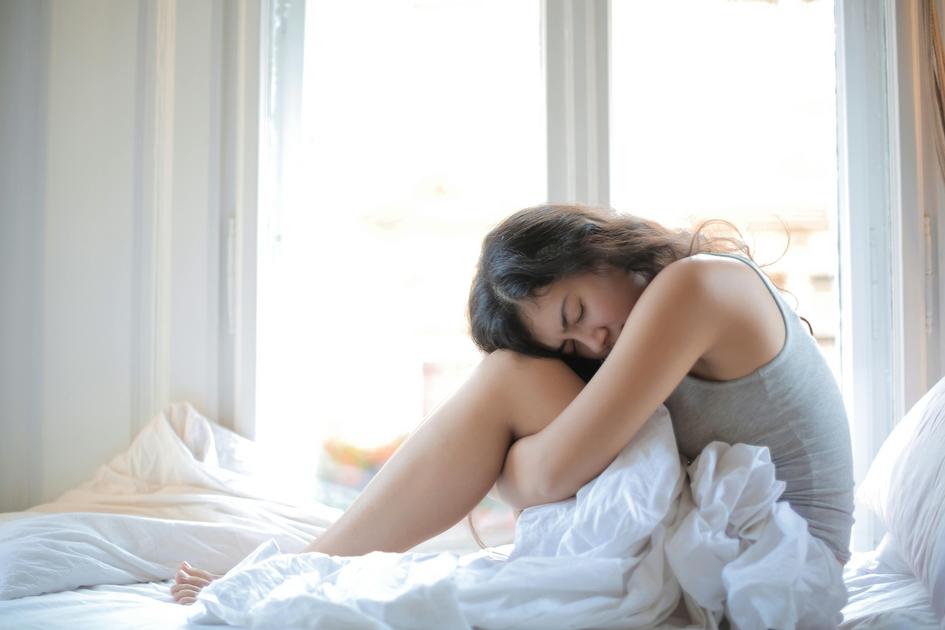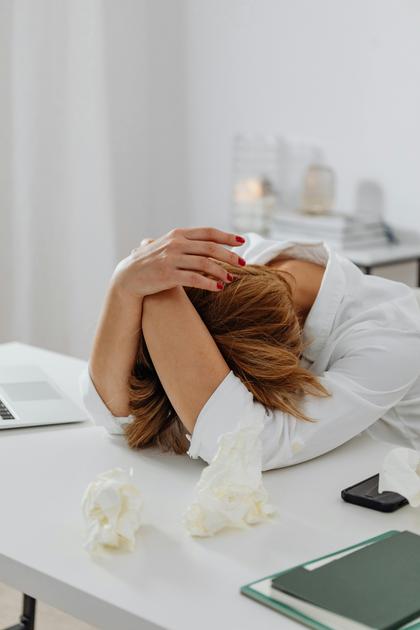Female Hair Loss After 30: Avoid These Common Diet Mistakes
Are you noticing more strands of hair in your brush or shower drain? Female hair loss after 30 can be particularly alarming, especially when combined with the fatigue and stress of daily life. Many women experience this silent struggle, often unaware that their diet plays a significant role. In this article, we’ll uncover the common diet mistakes you should avoid to help support your hair health and regain your confidence.
Understanding Female Hair Loss: Key Factors to Consider
Hair loss after the age of 30 is a common experience for many women, and it can be deeply distressing. Hormonal changes, genetics, and stress are key factors that play significant roles in this journey. As you approach your thirties, your body undergoes various transformations that can impact hair health.
One of the primary reasons for hair loss in women is hormonal imbalance. Conditions such as polycystic ovary syndrome (PCOS) or thyroid issues can lead to thinning hair. It’s essential to recognize these factors early on, as they can often be managed with the right approach.
Another contributing factor is genetics. If female pattern baldness runs in your family, you might experience similar challenges. Understanding your unique situation is the first step toward taking action.
Additionally, the stressful demands of modern life—work, family responsibilities, and self-care—can take a toll on your well-being, including your hair health. Recognizing how these aspects relate to your hair can lead to empowering changes.
The Role of Nutrition in Hair Health
Your diet plays a pivotal role in the health of your hair. Nutrition not only affects your overall health but also the strength and growth of your hair. A well-balanced diet provides essential nutrients that support hair follicles, promoting robust growth.
Foods rich in vitamins and minerals can dramatically improve hair quality and texture. For example, vitamins A, C, D, E, and B vitamins like biotin are vital for maintaining healthy hair. Iron, zinc, and proteins are also crucial, as they support the structure of your hair.
When focusing on hair health, consider how your daily food choices can either nourish or hinder your growth. This awareness is vital in shaping a diet that not only pleases your palate but also serves your hair’s needs.
Common Diet Mistakes that Contribute to Hair Loss
Many women unknowingly make diet choices that adversely affect their hair. Here are some common pitfalls to avoid:
- Skipping Meals: Regular meals provide the nutrients necessary for hair growth. Skipping meals can lead to nutrient deficiencies.
- Excessive Caloric Restriction: Many women try to lose weight quickly, which can lead to hair thinning. It’s crucial to maintain a balanced intake.
- Over-reliance on Processed Foods: Highly processed foods are often stripped of essential nutrients, failing to support your hair health.
- Low Protein Intake: Hair is primarily made of protein. A lack of protein can lead to weak and brittle hair.
- Avoiding Healthy Fats: Omega-3 fatty acids are vital for scalp health. Eliminating all fats can hinder your hair’s vitality.
By recognizing these mistakes, you can create a more beneficial relationship with food and your body.
Essential Nutrients for Stronger Hair
To combat hair loss, incorporate specific nutrients into your diet:
- Biotin: Often referred to as the “hair vitamin,” biotin supports keratin production.
- Vitamin E: Acts as an antioxidant, helping reduce oxidative stress in hair follicles.
- Iron: Supports red blood cells, which carry oxygen to your hair follicles.
- Zinc: Plays a crucial role in cell reproduction and helps maintain scalp health.
- Vitamin D: This vitamin is crucial for creating new hair follicles.
Including these nutrients can lead to noticeable improvements in your hair’s strength and growth rate.
How Hydration Affects Hair Growth
Hydration is often overlooked but is vital for your overall health, including your hair. Water helps maintain the moisture balance in your hair and scalp, ensuring they stay hydrated. When you’re dehydrated, your body prioritizes essential functions, often jeopardizing hair health.
The recommended daily water intake varies, but aiming for at least eight glasses a day can provide significant benefits. Keep in mind that consuming water-rich foods like fruits and vegetables can also aid in hydration, increasing your overall intake naturally.
The Impact of Stress on Your Hair
Stress is a silent influencer that can wreak havoc on your body, including hair loss. When under stress, the body releases hormones like cortisol, which can push hair follicles into a resting phase, leading to increased shedding.
It’s essential to find healthy coping mechanisms to mitigate stress. Activities like meditation, yoga, or simple breathing exercises can help reduce stress levels and support your hair’s health.
Remember, you are not alone in this. Many women share these experiences, and several have found effective paths to improving their hair health through self-care and stress management.
Incorporating Hair-Healthy Foods into Your Diet
Incorporating hair-healthy foods doesn’t have to feel overwhelming. Focus on variety and enjoy cooking with a colorful palette of fruits and vegetables. Some excellent choices include:
- Leafy Greens: Spinach and kale provide iron and vitamins.
- Berries: Rich in antioxidants, they help protect hair follicles.
- Fish: Salmon and sardines are great sources of omega-3 fatty acids.
- Nuts and Seeds: Almonds and flaxseeds provide essential nutrients.
- Eggs: Packed with protein and biotin, they are a hair-friendly choice.
Create meals that are not only nutritious but also enjoyable. Experiment with recipes and flavors to make dining a delightful experience.
The Benefits of Talking to a Dietitian
Sometimes, taking a step towards improving your diet can be enhanced by professional guidance. A registered dietitian can help you identify the specific nutrients you need and tailor a diet plan to your unique situation.
They can also provide support and accountability, making it easier to stay on track. By sharing your challenges and goals, you can receive tailored advice that can significantly impact your hair health.
Lifestyle Changes to Support Your Hair Health
Beyond diet, there are lifestyle changes that can enhance your hair health.
- Regular Exercise: Helps boost circulation, delivering nutrients to hair follicles.
- Quality Sleep: Prioritizing sleep aids in overall health and hormonal balance.
- Gentle Hair Care: Use sulfate-free shampoos and avoid excessive heat styling.
By adopting these changes, you can create an environment that supports not just hair growth, but overall well-being.
You Can Overcome Hair Loss: Steps to Take
Your hair journey doesn’t have to be dominated by stress and anxiety. Many women have faced similar battles and emerged stronger. Imagine waking up each day feeling empowered, knowing you’re taking control of your hair health.
By making small, achievable changes—like adjusting your diet, managing stress, and seeking expert guidance—you can improve your situation. Embrace this journey with kindness towards yourself, taking it one step at a time. You are capable of overcoming hair loss, and brighter days lie ahead.
Take this as your moment to shine bright! There’s a community of women ready to support you, and countless stories of success that can inspire. Embrace your path and discover how simple changes today can lead to incredible transformations tomorrow. Enjoy the ride towards a healthier you!













